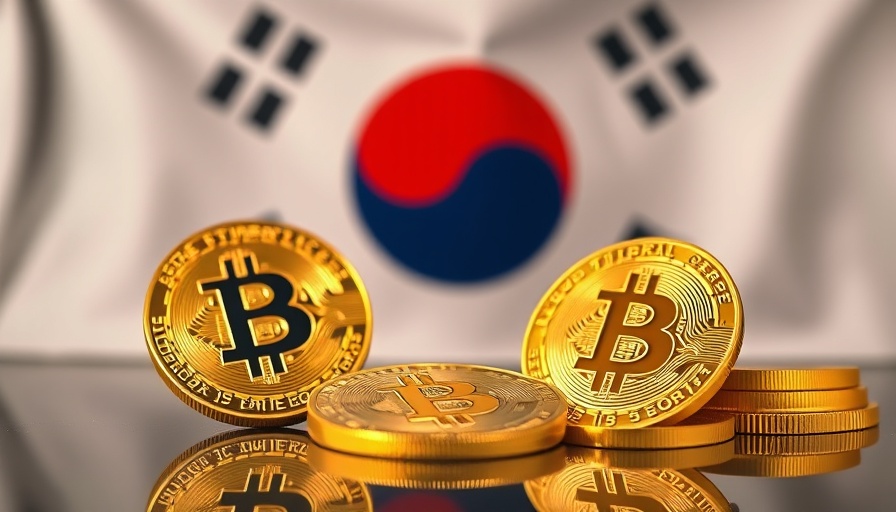
South Korea's Bitcoin Reserve Rejection: A Cautionary Tale
In a recent decision, the Bank of Korea (BOK) has firmly dismissed the possibility of adding Bitcoin to its foreign exchange reserves. This refusal underscores significant concerns regarding the cryptocurrency's notorious volatility, which has made many financial institutions hesitant to embrace digital currencies for strategic reserves.
Understanding Bitcoin's Volatility
Bitcoin’s price fluctuations have drawn both interest and skepticism from global markets. As of mid-March 2025, Bitcoin was trading around $83,500, having plummeted from its peak of $108,000 just months prior. The BOK highlighted that such dramatic swings could lead to exorbitant transaction costs when converting Bitcoin to cash, posing a significant risk when stability is paramount in managing a nation's reserves.
Global Context: Is South Korea Alone in Its Stance?
While South Korea’s central bank adopts a cautious approach, other nations are exploring the idea of incorporating Bitcoin into their reserve assets. The United States, for instance, has initiated discussions about a strategic Bitcoin reserve, following the executive order signed by President Trump. This contrasting approach has sparked debates across Asia and beyond, yet most central banks echo South Korea's concerns regarding Bitcoin’s reliability as a reserve asset.
IMF Standards and the Case for Caution
The BOK’s decision aligns closely with the standards set by the International Monetary Fund (IMF) for foreign exchange reserves. The IMF dictates that these reserves must maintain specific qualities including liquidity, creditworthiness, and market stability—all attributes that Bitcoin currently lacks. Consequently, the central bank articulated that Bitcoin fails to meet these criteria, which notably impacts its viability as a reserve asset.
The Future of Cryptocurrencies in National Reserves
The ongoing discourse about cryptocurrencies reflects a crucial turning point in economic history. As central banks weigh the potential benefits against volatility and regulatory uncertainties, the future of Bitcoin and similar assets within national reserves remains largely uncertain. South Korea's rejection emphasizes its preference for financial stability over speculative assets, prompting other nations to consider the implications of such strategic moves.
As cryptocurrencies become more influential in financial circles, the conversation continues around whether their inclusion in national reserves is a smart economic move, or merely a risky gamble.
 Add Row
Add Row  Add
Add 




Write A Comment